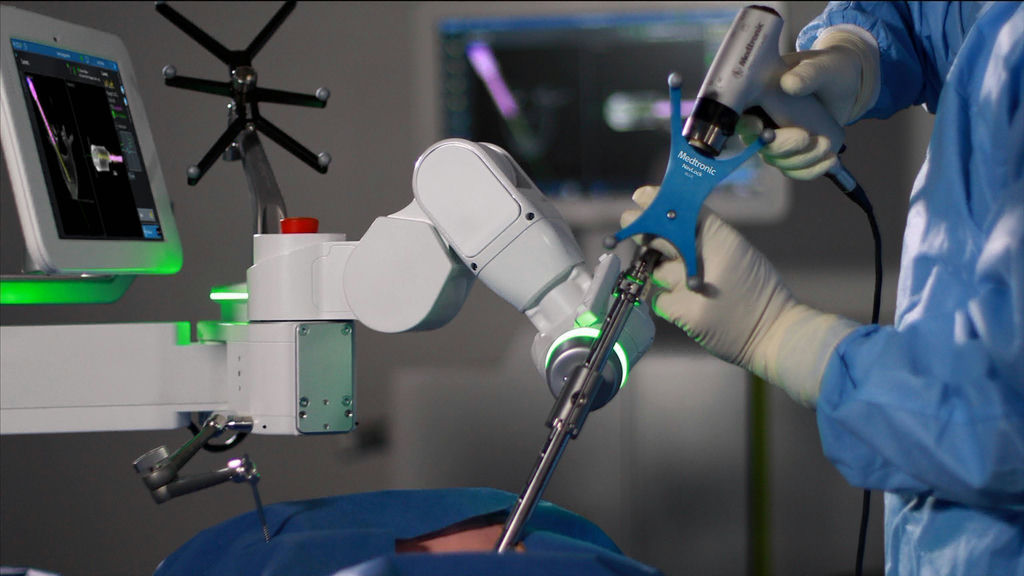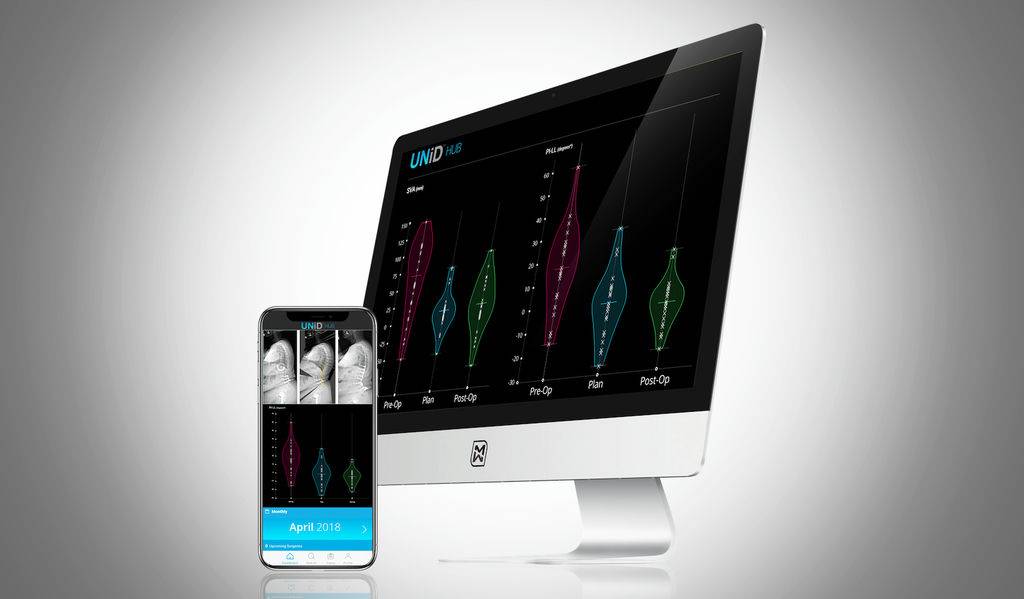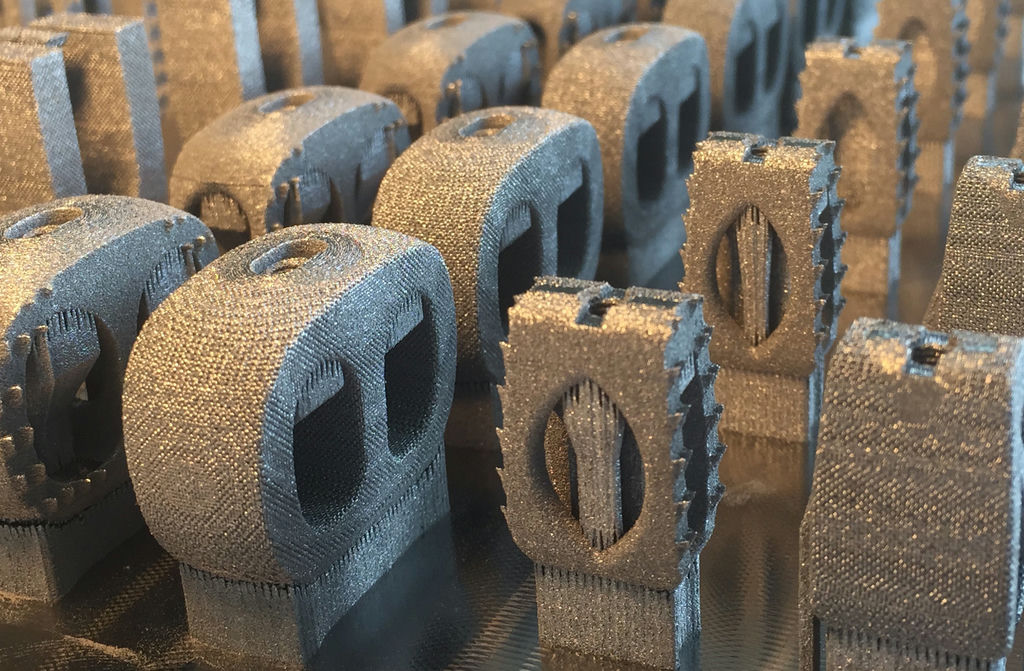As part of medical device maker Medtronic‘s push toward a fully integrated solution for surgical planning, the company announced its intent to acquire Medicrea, a French pioneer in innovative surgical technologies for the treatment of complex spinal pathologies, in a transaction valued at €7 ($8) per share. The all-cash agreement, set to purchase all of Medicrea’s outstanding shares, had unanimous approval by both companies and is expected to close by the end of 2020, subject to regulatory approvals and other customary closing conditions from both France and the United States.

“Combining Medtronic’s innovative portfolio of spine implants, robotics, navigation, and 3D imaging technology with Medicrea’s capabilities and solutions in data analytics, artificial intelligence, and personalized implants, would enhance Medtronic’s fully-integrated procedural solution for surgical planning and delivery. This marks another important step in furthering our commitment to improving outcomes in spine care,” said Jacob Paul, senior vice president and president of the Cranial and Spinal Technologies division, which is part of the Restorative Therapies Group at Medtronic, headquartered in Ireland. “Medtronic will become the first company to be able to offer an integrated solution including artificial intelligence-driven surgical planning, personalized spinal implants and robotic-assisted surgical delivery, which will significantly benefit our customers and their patients.”
Following news of the deal, Medicrea shares jumped by 20% in regular trading, most likely due to the premium the acquiring company was set to pay on the target’s share price, in this case, 22 percent over the closing price of Medicrea shares on 14 July 2020.

The deal will allow Medtronic to incorporate Medicrea’s latest innovations, which include the UNiD ASI (Adaptive Spine Intelligence) technology, designed to support surgeon workflow in pre-operative planning and incorporating 3D printing processes to create personalized implant solutions for surgery. The company’s portfolio also consists of artificial intelligence-driven surgical planning using predictive modeling and sophisticated algorithms that measure and digitally reconstruct the spine to its optimal profile. As well as an ultra-modern manufacturing facility in Lyon, France housing the development and production of 3D printed titanium patient-specific implants.
“Spine surgery is one of the more complex procedures in healthcare because of the high number of different parameters to take into consideration. It is impossible for the human brain to compute all of them for one single patient,” said Denys Sournac, founder, chairman and CEO of Medicrea. “The medical world has been waiting for the arrival of customization in spinal surgery. With scientific progress in understanding sagittal balance and spinal injury, combined with the advent of new digital technologies, it is now possible to offer spinal patients entirely customized implants. We are thrilled to be joining forces with Medtronic because we share a similar mission to restore the long-term quality of life for patients. Now, together, we can help more patients in more places benefit from consistently high-quality surgical care.”

The news comes amid expectations of an eventual recovery from the coronavirus pandemic and as Medtronic’s stock bounces back from a significant fall in the early months after COVID-19 emerged. The overall decline in procedures and supply chain disruptions have been among the key causes of concern for Medtronic, as well as impacted sales generated from China.
Medtronic said in a statement that the completion of the deal was subject to Medtronic getting at least 66.67% of Medicrea’s share capital. Up until now, Medtronic has entered into agreements with Medicrea shareholders totaling 44.4% of the company’s current outstanding share capital. The tender offer is expected to be filed with the French Markets Authority (AMF) in September 2020 and will be opened once the foreign investment approval in France and the merger control clearance in the United States are finalized.
Over the last seven decades, Medtronic has introduced a wide range of products to treat up to 70 health conditions, from cardiac devices and surgical tools to cranial and spine robotics, even insulin pumps, and patient monitoring systems. In the last few years, teams of scientists and engineers at the company have been working on new possibilities for personalized medicine using 3D printing technology, like its titanium 3D printing platform for spinal surgery implants. At the company’s facility, seven 3D printers work around the clock filling orders for rapid prototyping and medical models that allow doctors to practice procedures on life-like simulations. Additionally, researchers from Medtronic teamed up with academia to create a new operating room system powered by personalized 3D images, to give neurosurgeons better tools to remove brain tumors.
As of 2017, Medtronic was the leader in the U.S. market for spinal implants with a share of over one third. Once the acquisition is complete, the company will be able to expand and strengthen its position as a global innovator in further enabling technologies and solutions for spine surgery.
Spinal procedures are considered by experts as one of the most painful in neurosurgery and orthopedics, with over 1.62 million instrumented interventions performed every year. ResearchMoz analysts predicted the global spine surgery products market to hit $16.7 billion by 2025, mainly due to an increase in spine disorder cases among the geriatric population. The demand for innovative, minimally invasive solutions to this problem is critical for patient healthcare, which is why Medtronic is looking towards the predictive medicine opportunity that Medicrea has been developing, by collecting an unprecedented amount of data to develop its proprietary predictive models and employing disruptive technologies in every step of the way. Overall, the combination of the companies’ technical know-how would probably improve the clinical experience for patients and strengthen the future of spinal health.


